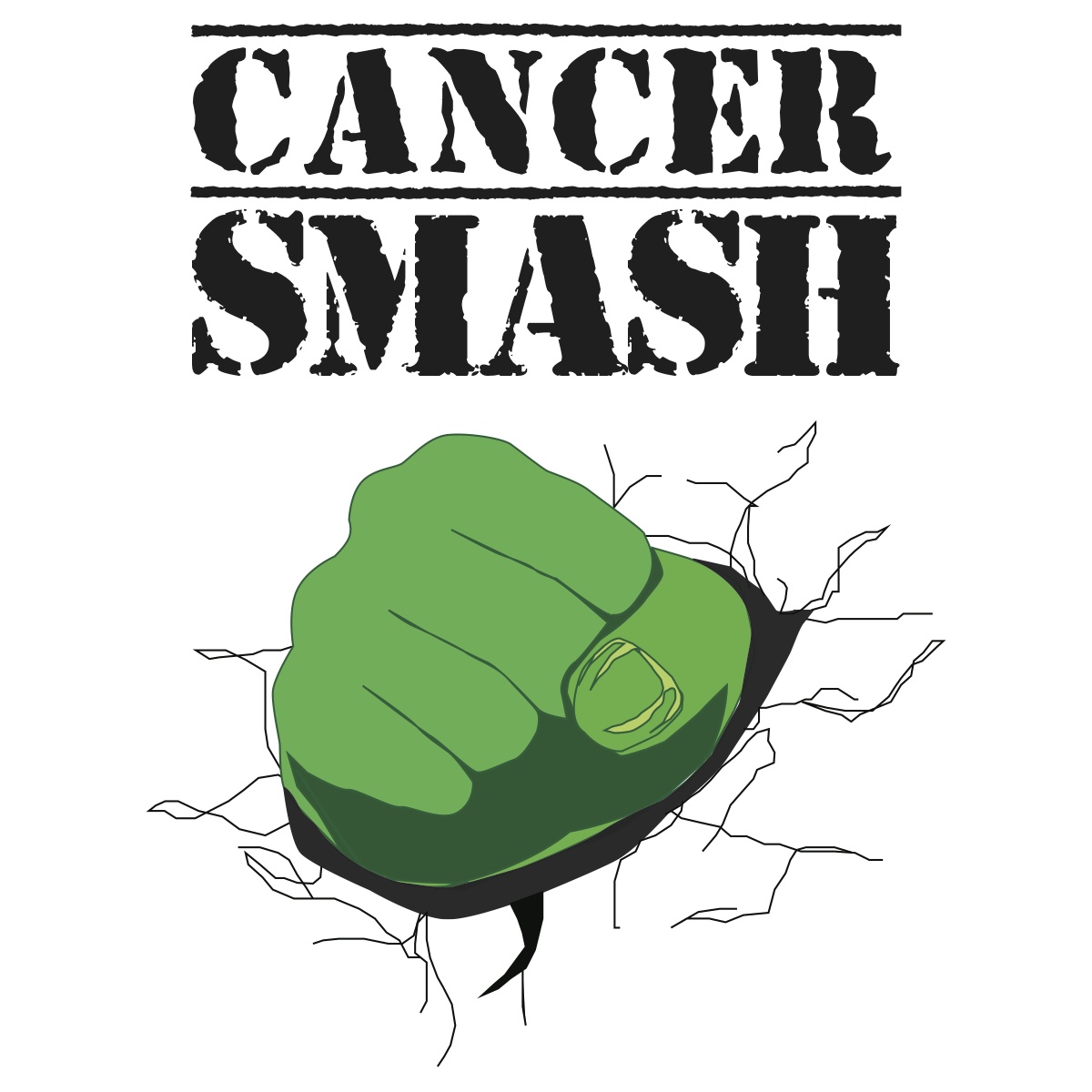 By Sarah Williamson| gargoyle@flagler.edu
By Sarah Williamson| gargoyle@flagler.edu
In a decade of week-long juice cleanses, five-minute abs and organic-only eating, it begs the question: are we a society of extremists or are we simply trying to reach perfection?
Bobby Appleby is a local CrossFit trainer. Appleby’s gym opened a year ago in an old warehouse behind Flagler Hospital.
Regardless of the décor, “It’s an addictive place because it makes you feel good, not only physically, but emotionally makes you stronger,” Appleby said.
CrossFit is a series of high-intensity workouts involving free weights, rings and pull-up bars. It is communal, and according to Appleby, a cult-like experience.
“Our society longs for something different,” Appleby explained. “Overall, it’s very boring out there. People are not fulfilled with their relationships, their job or their faith so they seek something that is going to change their life and bring them to a new place. There is a high to it.”
Appleby is currently training for the Reebok CrossFit games in Carson, Cali. in July. His idea of extremity is not allowing himself to fail.
A few miles from Appleby’s gym is the Present Moment Café, a dimly lit restaurant serving “no meat, no fish, no dairy.” Present Moment’s chefs also don’t cook anything above 115 degrees Fahrenheit.
Jackie Hinyub sat eating uncooked chips and guacamole. Hinyub has been a vegetarian since she was 16-years-old and now only eats raw, vegan food.
A vegan has a diet free from all animal products, even milk and eggs.
“People fear things they don’t understand and when they have a guilt about what they are doing, they project that guilt on you and you become the weirdo,” said Hinyub.
According to U.S. News Health, “raw foodism” has existed since the early 1800’s. The diet consists of plant-based foods that are uncooked in order to keep their nutrients and natural enzymes.
Morgan Howard, a waitress at Present Moment Café, fluctuates between eating raw and cooked foods by occasionally breaking the rules.
“Honestly what I think is really extreme is the s*** that they put in our food, in any packaged cracker or what Monsanto does to genetically modify our crops. I think that is extreme. I think that eating organic and trying to stay away from pesticides is the opposite of extreme,” Howard said.
Hinyub then wondered, So what is extreme?
Oxford Dictionary defines it as “reaching a high or the highest degree; very great, not usual or exceptional.”
According to Carrie Grant, Ph. D, an associate professor of mathematics at Flagler College, the extreme lifestyle is all she’s ever known. It may be in her genes.
Grant teaches five college classes, five fitness classes, raises a family and describes sleep as something she does in moderation. Grant has had many fitness-related injuries and once continued to exercise on a broken foot.
“Finally in the middle of aerobics class it popped and I heard it and I just kept going. Why? Because I’m an idiot,” Grant said.
Perhaps many Americans, like Grant, have lost their sense of moderation in a fast-paced society.
Dr. Glenn Goldberg, Ph. D., a clinical psychologist at Flagler College, thinks it has always been this way. Goldberg grew up in the 1960’s when the extreme was hippie communes and Bob Dylan.
“I don’t think that people are honestly anymore extreme, the standards just change,” Goldberg explained. “Sometimes extreme is good. It keeps life interesting and gives us things to gossip about.”
To Goldberg, extreme is anything that involves a significant risk to one’s wellbeing and with that definition, the CrossFitters, raw-food-eaters and workout fanatics of America are off the hook.




Be the first to comment on "Is American ‘extremism’ on the rise?"